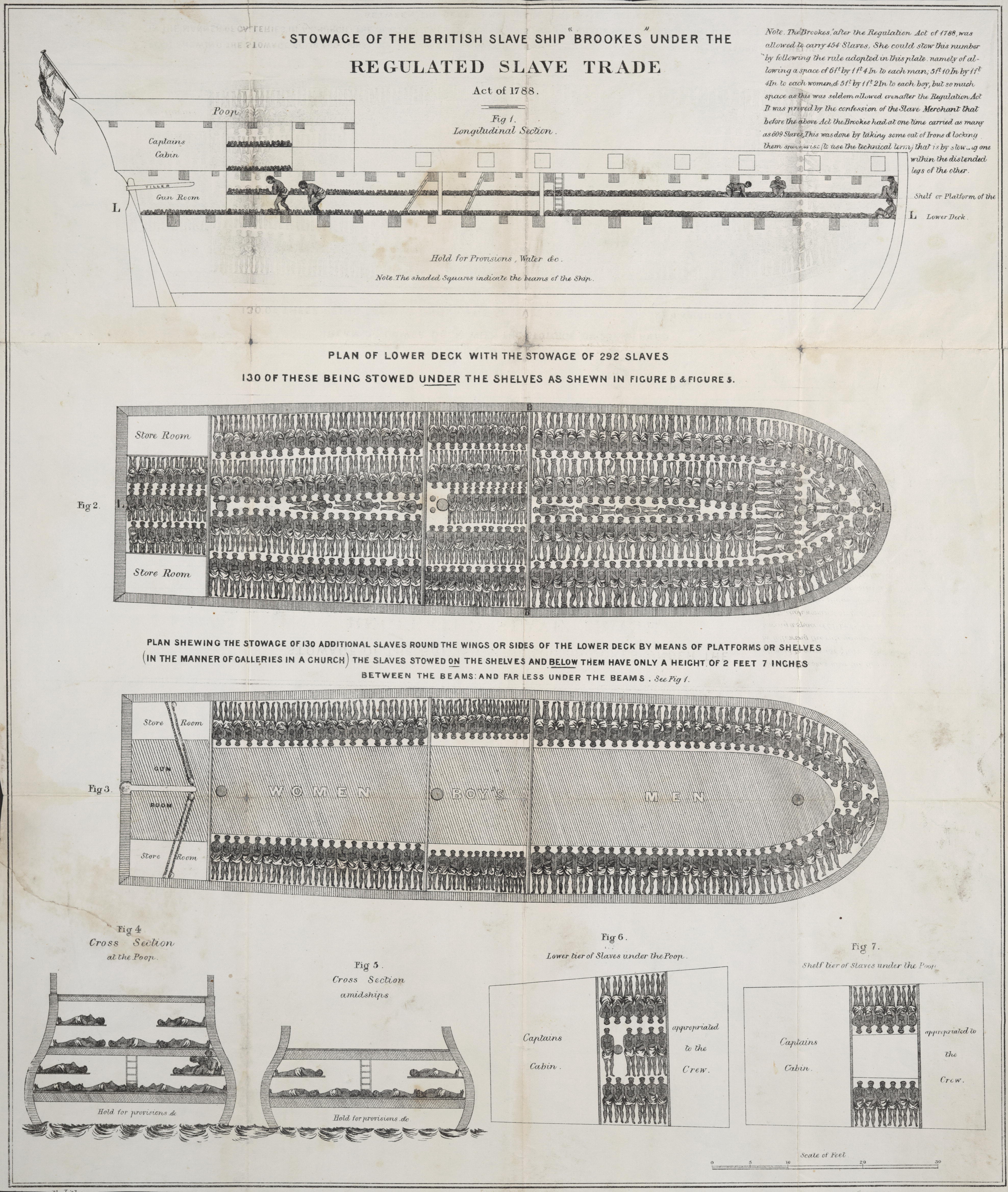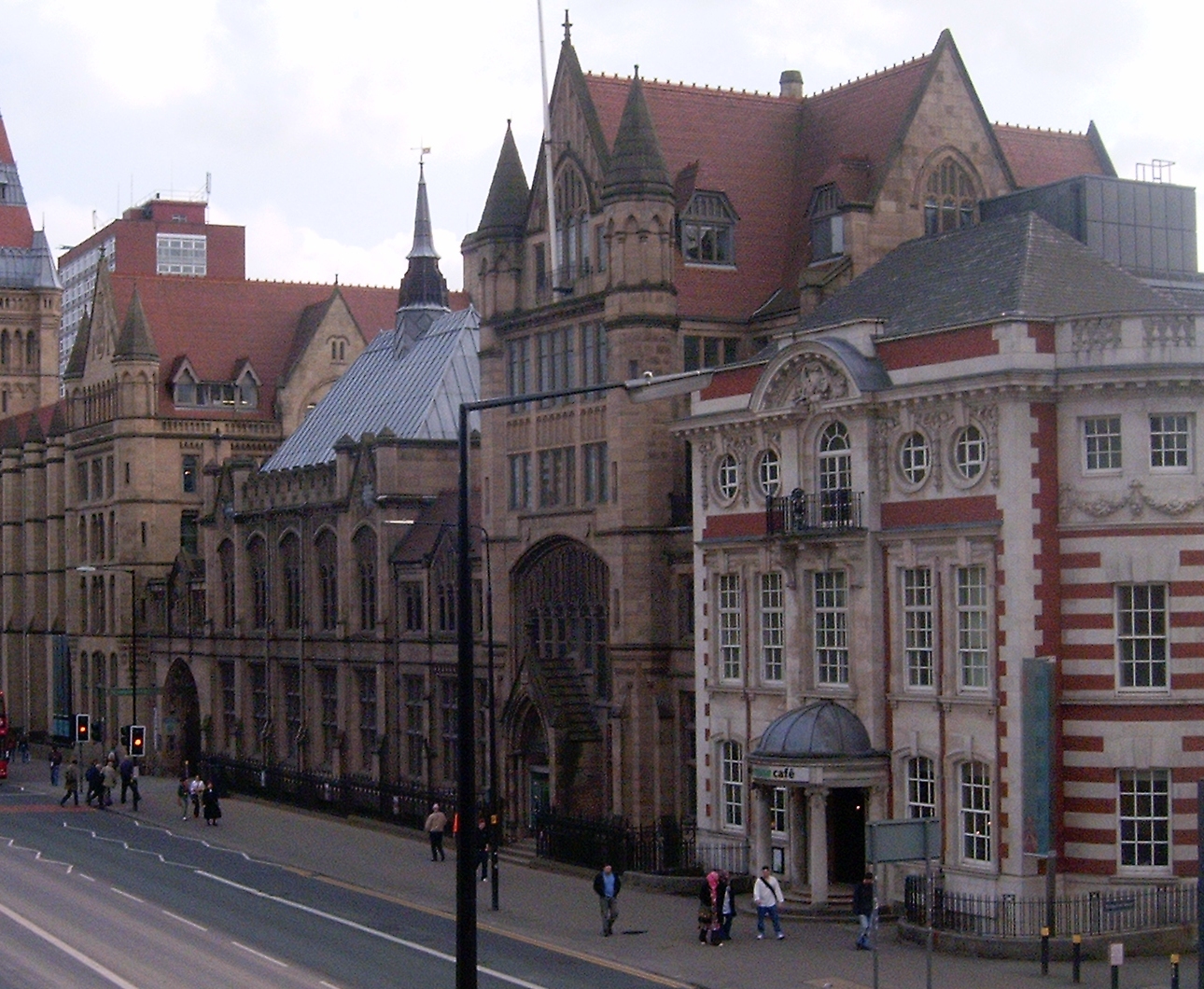|
Sally (ship)
Several ships have been named ''Sally'': *, a Rhode Island 100-ton brigantine slave ship * was launched at Liverpool as a West Indiaman. She made one voyage as a whaler and one as an East Indiaman sailing to Bengal under charter to the British East India Company (EIC). After a storm damaged her in 1805 as she was on her way in 1805 from Liverpool to Africa as a slave ship she had to put into Barbados where she was condemned. *''Sally'' was built in France in 1774 almost surely under another name. The British captured her in 1781 and she began sailing as ''Sally'' first as a transport and then as a West Indiaman. Liverpool merchants purchased her and she became in 1787. She then sailed to the Baltic and Russia. She was wrecked in 1793. * was launched in France in 1775 under another name, possibly as ''Enterprize''. She became a Bristol-based slave ship. Under the name ''Sally'' she made three enslaving voyages between 1783 and 1786. Then from 1787 on as ''King George'' she made three ... [...More Info...] [...Related Items...] OR: [Wikipedia] [Google] [Baidu] [Amazon] |
West Indiaman
West Indiaman was a general name for any merchantman sailing ship making runs from the Old World to the West Indies and the east coast of the Americas. These ships were generally strong ocean-going ships capable of handling storms in the Atlantic Ocean. The term was used to refer to vessels belonging to the Danish (e.g. ), Dutch, English, and French (e.g. ) West India companies. Similarly, at the time (18th and 19th centuries) people also referred to East Indiamen (ships trading with the East Indies), Guineamen (slave ships), or Greenlandmen ( whalers in the North Seas whale fishery). British West Indiamen tended to be London-built and to sail directly from England (generally London) to the West Indies. Guineamen tended to be built (or owned) in Bristol and Liverpool and to sail from Bristol or Liverpool via West Africa in what is now often referred to as the triangular trade in enslaved people. There were London-based Guineamen, (for example ), and Liverpool-based West Indi ... [...More Info...] [...Related Items...] OR: [Wikipedia] [Google] [Baidu] [Amazon] |
Whaler
A whaler or whaling ship is a specialized vessel, designed or adapted for whaling: the catching or processing of whales. Terminology The term ''whaler'' is mostly historic. A handful of nations continue with industrial whaling, and one, Japan, still dedicates a single factory ship for the industry. The vessels used by aboriginal whaling communities are much smaller and are used for various purposes over the course of the year. The ''whale catcher'' was developed during the Steam-powered vesselage , and then driven by diesel engines throughout much of the twentieth century. It was designed with a harpoon gun mounted at its bow and was fast enough to chase and catch rorquals such as the fin whale. At first, whale catchers either brought the whales they killed to a whaling station, a settlement ashore where the carcasses could be processed, or to its factory ship anchored in a sheltered bay or inlet. With the later development of the slipway at the ship's stern, whale cat ... [...More Info...] [...Related Items...] OR: [Wikipedia] [Google] [Baidu] [Amazon] |
East Indiaman
East Indiamen were merchant ships that operated under charter or licence for European trading companies which traded with the East Indies between the 17th and 19th centuries. The term was commonly used to refer to vessels belonging to the British, Dutch, French, Danish, Swedish, Austrian or Portuguese East India companies. Several East Indiamen chartered by the British East India Company (EIC) were known as clippers. The EIC held a monopoly granted to it by Elizabeth I in 1600 for all English trade between the Cape of Good Hope and Cape Horn. This grant was progressively restricted during the late 18th and early 19th centuries, until the monopoly was lost in 1834. EIC East Indiamen usually ran between Britain, the Cape of Good Hope and India, where their primary destinations were the ports of Bombay, Madras and Calcutta. EIC East Indiamen often continued on to China before returning to England via the Cape of Good Hope and Saint Helena. When the EIC lost its monopoly ... [...More Info...] [...Related Items...] OR: [Wikipedia] [Google] [Baidu] [Amazon] |
East India Company
The East India Company (EIC) was an English, and later British, joint-stock company that was founded in 1600 and dissolved in 1874. It was formed to Indian Ocean trade, trade in the Indian Ocean region, initially with the East Indies (South Asia and Southeast Asia), and later with East Asia. The company gained Company rule in India, control of large parts of the Indian subcontinent and British Hong Kong, Hong Kong. At its peak, the company was the largest corporation in the world by various measures and had its own armed forces in the form of the company's three presidency armies, totalling about 260,000 soldiers, twice the size of the British Army at certain times. Originally Chartered company, chartered as the "Governor and Company of Merchants of London Trading into the East-Indies," the company rose to account for half of the world's trade during the mid-1700s and early 1800s, particularly in basic commodities including cotton, silk, indigo dye, sugar, salt, spices, Potass ... [...More Info...] [...Related Items...] OR: [Wikipedia] [Google] [Baidu] [Amazon] |
Slave Ship
Slave ships were large cargo ships specially built or converted from the 17th to the 19th century for transporting Slavery, slaves. Such ships were also known as "Guineamen" because the trade involved human trafficking to and from the Guinea (region), Guinea coast in West Africa. Atlantic slave trade In the early 17th century, more than a century after the arrival of European emigration, Europeans to the Americas, demand for unpaid labor to work plantations made slave-trading a profitable business. The Atlantic slave trade peaked in the last two decades of the 18th century, during and following the Kongo Civil War. To ensure Profit (accounting), profitability, the owners of the ships divided their Hull (watercraft), hulls into holds with little headroom, so they could transport as many slaves as possible. Unhygienic conditions, dehydration, dysentery, and scurvy led to a high mortality rate, on average 15% and up to a third of captives. Often, the ships carried hundreds of sla ... [...More Info...] [...Related Items...] OR: [Wikipedia] [Google] [Baidu] [Amazon] |
Lloyd's Register
Lloyd's Register Group Limited, trading as Lloyd's Register (LR), is a technical and professional services organisation and a maritime classification society, wholly owned by the Lloyd’s Register Foundation, a UK charity dedicated to research and education in science and engineering. The organisation dates to 1760. Its stated aims are to enhance the safety of life, property, and the environment, by helping its clients (including by validation, certification, and accreditation) to improve the safety and performance of complex projects, supply chains and critical infrastructure. In July 2012, the organisation converted from an industrial and provident society to a company limited by shares, named Lloyd’s Register Group Limited, with the new Lloyd’s Register Foundation as the sole shareholder. At the same time the organisation gave to the Foundation a substantial bond and equity portfolio to assist it with its charitable purposes. It will benefit from continued funding from ... [...More Info...] [...Related Items...] OR: [Wikipedia] [Google] [Baidu] [Amazon] |
Triangular Trade
Triangular trade or triangle trade is trade between three ports or regions. Triangular trade usually evolves when a region has export commodities that are not required in the region from which its major imports come. It has been used to offset trade imbalances between different regions. The most commonly cited example of a triangular trade is the Atlantic slave trade, but other examples existed. These include the seventeenth-century carriage of manufactured goods from England to New England and Newfoundland, then dried cod from Newfoundland and New England to the Mediterranean and Iberian peninsula, followed by cargoes of gold, silver, olive oil, tobacco, dried fruit, and "sacks" of wine back to England. Maritime carriers referred to this Atlantic trade as the "sack trade." Another example was general cargo from Britain to Australia, Australian coal to China, then tea and silk back to Britain. The Atlantic slave trade used a system of three-way transatlantic exchanges – known ... [...More Info...] [...Related Items...] OR: [Wikipedia] [Google] [Baidu] [Amazon] |
Sally (other)
Sally or Sallie may refer to: People and characters Persons * Sally (name), a female given name, and list of notable people with the name; a diminutive of Sarah. * , French influencer and activist * Axis Sally, the name given to female radio propaganda broadcasters for the Axis in World War II People with the surname * Paul Sally (1933–2013), U.S. mathematician * Tyrone Sally (born 1982), U.S. basketball player * Zak Sally, U.S. musician Fictional characters * Sally (The Nightmare Before Christmas), Sally (''The Nightmare Before Christmas''), a character in the film ''The Nightmare Before Christmas'' * Sally (Peanuts), Sally (''Peanuts''), a ''Peanuts'' comic strip character * Sally (South Park), Sally (''South Park''), a character in the animated TV series ''South Park'' Places * Sally Rocks, Sallys Cove, Hurd Peninsula, South Bay, Livingston Island, South Shetland Islands, Antarctica; a group of islets (rocks) * Sallys Cove, Hurd Peninsula, South Bay, Livingston Island, So ... [...More Info...] [...Related Items...] OR: [Wikipedia] [Google] [Baidu] [Amazon] |
Manchester University Press
Manchester University Press is the university press of the University of Manchester, England, and a publisher of academic books and journals. Manchester University Press has developed into an international publisher. It maintains its links with the University. Publishing Manchester University Press publishes monographs and textbooks for academic teaching in higher education. In 2012 it was producing about 145 new books annually and managed a number of journals. Areas of expertise are history, politics and international law, literature and theatre studies, and visual culture. MUP books are marketed and distributed by Oxford University Press in the United States and Canada, and in Australia by Footprint Books; all other global territories are covered from Manchester itself. Some of the press's books were formerly published in the US by Barnes & Noble, Inc., New York. Later the press established an American office in Dover, New Hampshire. Open access Manchester University Pr ... [...More Info...] [...Related Items...] OR: [Wikipedia] [Google] [Baidu] [Amazon] |
Chetham Society
The Chetham Society "for the publication of remains historic and literary connected with the Palatine Counties of Lancaster and Chester" is a text publication society and registered charity (No. 700047) established on 23 March 1843. History The Chetham Society is the oldest historical society in North West England. It was founded by a group of gentlemen (including the lawyer James Crossley and the clergymen Thomas Corser, Richard Parkinson, and Francis Robert Raines), who wished to promote interest in the counties' historical sources. The society held its foundation meeting on 23 March 1843 at Chetham's Library, in Manchester, which was established in 1653 by the will of the philanthropist Humphrey Chetham. The society became a registered charity (No. 700047) in 1988. The Chetham Society was amongst the earliest antiquarian and historical societies to be established in Britain during the nineteenth century, and appears to have been modelled, in part, on the Durham-based S ... [...More Info...] [...Related Items...] OR: [Wikipedia] [Google] [Baidu] [Amazon] |




